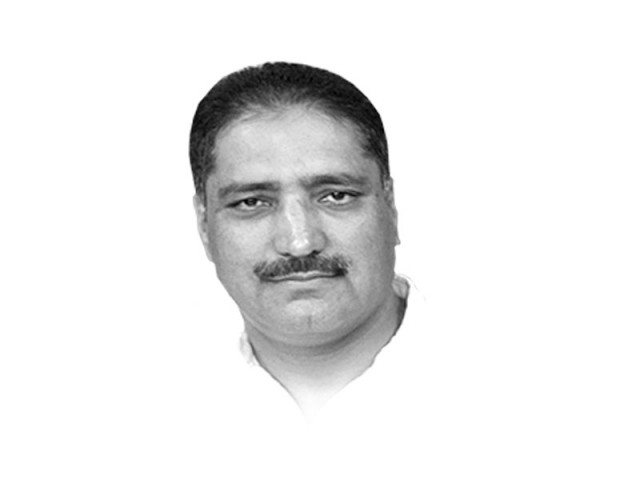Guru’s hanging and after
Kashmir does not show an indication of immediate normality but demand for return of Guru’s body is getting stronger.

The writer is editor of the newspaper Rising Kashmir and is based in Srinagar
Not only do the majority of Kashmiris believe that Guru was denied a fair trial but a significant section in the Indian media and civil society also are discussing the case along similar lines. Kashmir is already a battered region that has seen the worst levels of violence. The armed conflict has reinforced the Kashmiris’ resolve to fight for political rights and for the transition of this movement, which in the past few years has taken a different colour, from violence to non-violence. But what makes a common Kashmiri angry is the treatment both India and Pakistan have been delivering to them. Today, political alienation is at its peak and with the hanging of Guru, this has found strength. It has hurt the psyche of the Kashmiri youth and is sure to have long-lasting implications on the political discourse of Kashmir. Not only are the separatists talking about this renewed impact of alienation but the pro-India parties, too, have fears that it has the potential to take Kashmir back to square one. Chief Minister Omar Abdullah could not mince words and told a news channel that the situation had all the ingredients of causing worry. “The long-term implications of Afzal Guru’s execution are worrying as they are linked to the people of Kashmir, especially the younger generation. Like it or not, the execution has reinforced the point that there is no justice. We will have to deal with how we can change that sort of alienation,” he said. The opposition People’s Democratic Party chief, Mehbooba Mufti, too, was critical of the way New Delhi hurried in processing the execution of Guru.

Guru’s hanging has reminded people of the execution of Jammu and Kashmir Liberation Front (JKLF) founder Maqbool Butt, following which Kashmiri youth took up arms against Indian rule in 1989. Even Abdullah said that the younger generation may not have identified itself with Butt but it will surely do so with Guru now. There is, however, a disagreement on whether Guru’s death could push the younger generation towards arms. That is a remote possibility since violence is seen as a source of isolating oneself at the international level. Secondly, Pakistan is not in a position to play as strong a role as it did in 1989. But the execution surely has further pushed the youth — who see ‘double standards’ on the part of the Indian government when it comes to Kashmir — to the wall.
As of now, Kashmir does not show an indication of immediate normality but the demand for the return of Guru’s body is getting stronger. The way his family was not allowed to have a last meeting has become a central point of discussion. Though the government of India allowed the family to offer prayers at the grave, they rejected the offer, saying,“nothing less than the body”. India’s reputed business daily Economic Times reported that Prime Minister Manmohan Singh was upset that Guru’s family was not informed well in time. The following days will be keenly watched in Kashmir and the discontent on the ground will define the future.
Published in The Express Tribune, February 15th, 2013.














COMMENTS
Comments are moderated and generally will be posted if they are on-topic and not abusive.
For more information, please see our Comments FAQ